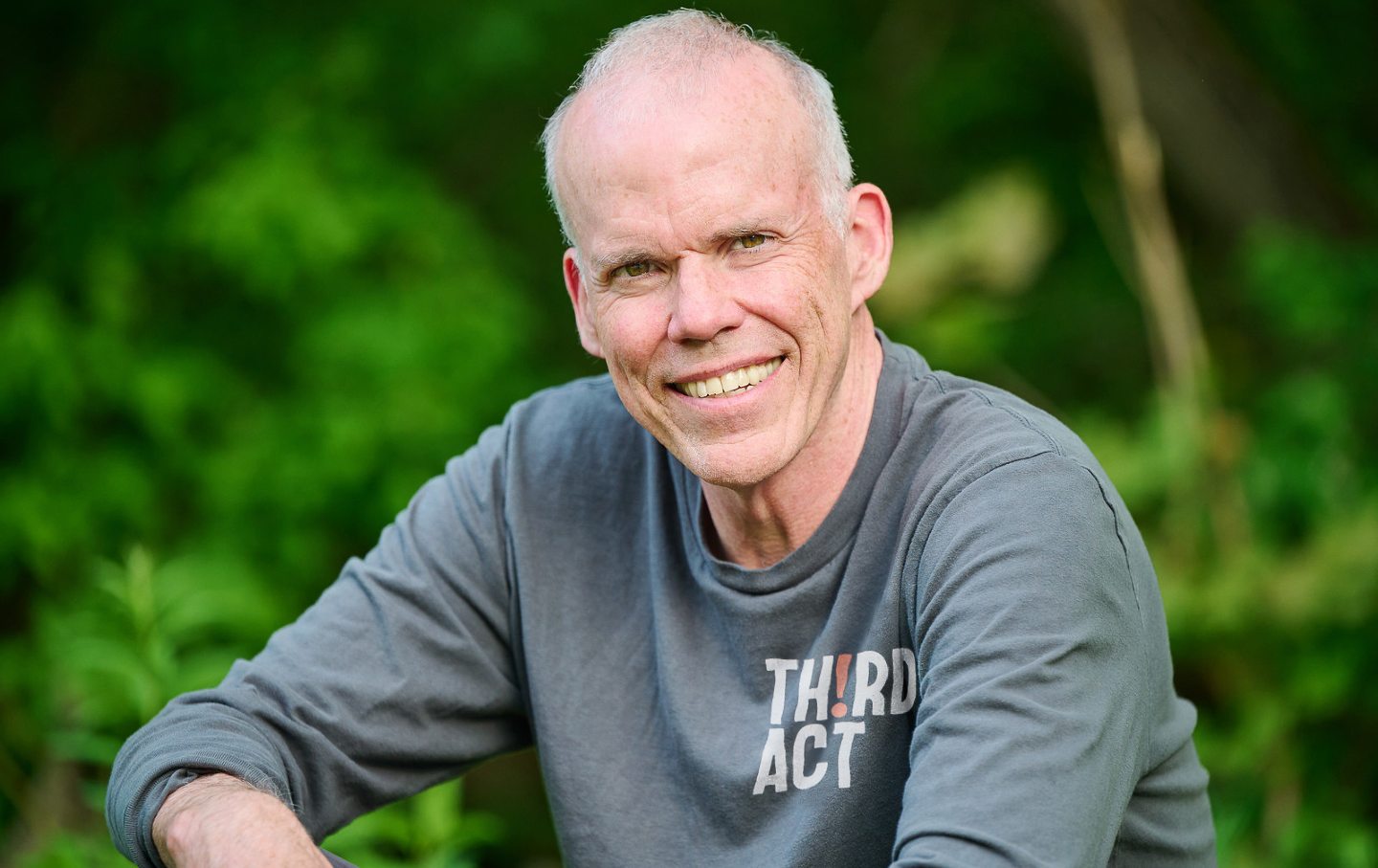
"Changes in our world which can affect us can happen in our lifetime-not just changes like wars but bigger and more sweeping events. Without recognizing it, we have already stepped over the threshold of such a change. The rain will still fall, and the sun will still shine. When I say "nature," I mean a certain set of human ideas about the world and our place in it"
"The day that McKibben foretold in his best-selling book, when "we see all too clearly what we have done," is now upon us. The overheating of the planet is manifesting in increasingly deadly and destructive heat, fire, drought, and storms. These extreme events in turn warn of even harsher, irreversible perils such as the collapse of the Gulf Stream, the vast Atlantic Ocean current that keeps northern Europe habitable."
"Yet the climate crisis barely registers in the world's news coverage. In the United States, only 37 percent of people say that they hear about global warming in the media at least once a month. In India, the equivalent figure is 53 percent -still only one in two people, and still only once a month. As journalists ourselves, the authors of this article sympathize with some of the reasons why climate coverage is getting short shrift."
Bill McKibben warned decades ago that human-caused warming would alter perceptions of nature and bring sweeping changes within lifetimes. The planet is now overheating, producing more deadly heat, fires, droughts, and storms that signal risks of irreversible shifts such as a Gulf Stream collapse. Public exposure to climate coverage is low: only 37 percent in the United States and 53 percent in India hear about global warming at least monthly. News organizations face a crumbling business model, reduced editorial staffs, and intensified workloads that constrain climate reporting.
Read at The Nation
Unable to calculate read time
Collection
[
|
...
]